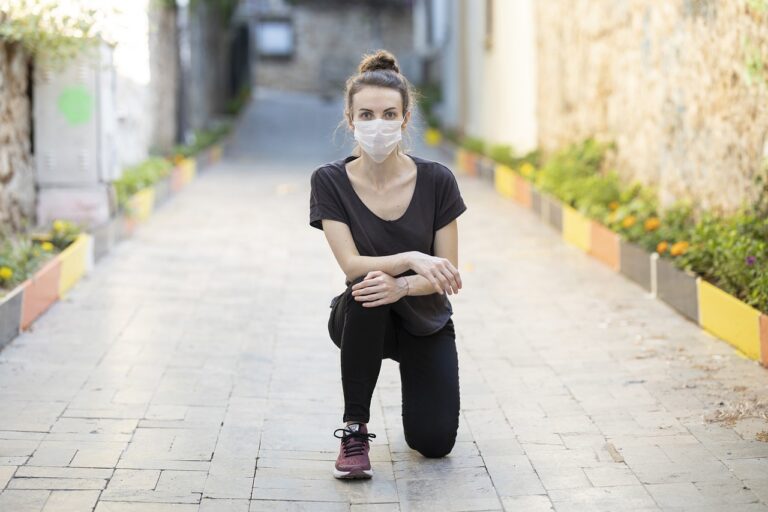The Impact of Air Pollution on Respiratory Health
When it comes to respiratory issues linked to air pollution, numerous signs and symptoms can manifest in individuals. Shortness of breath is a common indication of respiratory distress caused by air pollution. This symptom is often accompanied by wheezing or a persistent cough, especially in individuals with preexisting respiratory conditions such as asthma or chronic bronchitis.
In addition to shortness of breath, individuals exposed to high levels of air pollution may experience frequent chest tightness or congestion. It is not uncommon for those affected by poor air quality to also suffer from irritated eyes, nose, and throat. Persistent respiratory symptoms should never be ignored, as they may signify a more serious underlying health issue related to prolonged exposure to harmful airborne pollutants.
Common Sources of Air Pollution that Affect Respiratory Health
Air pollution poses a significant threat to respiratory health, with various sources contributing to the deterioration of air quality. One common source of air pollution that affects respiratory health is vehicular emissions. The combustion of fossil fuels in vehicles releases pollutants such as particulate matter, nitrogen oxides, and volatile organic compounds into the air, leading to respiratory issues such as asthma and lung inflammation.
Industrial activities are another major source of air pollution that can have a detrimental impact on respiratory health. Factories and manufacturing plants release a range of harmful pollutants, including sulfur dioxide, carbon monoxide, and heavy metals, which can worsen respiratory conditions and result in respiratory infections. Individuals living near industrial areas are particularly vulnerable to the adverse effects of these pollutants on their respiratory systems.
What are some signs and symptoms of respiratory issues related to air pollution?
Common signs and symptoms include coughing, wheezing, shortness of breath, chest tightness, and respiratory infections.
What are some common sources of air pollution that affect respiratory health?
Some common sources of air pollution include vehicle emissions, industrial plants, construction activities, agricultural practices, and indoor pollutants such as smoke from cigarettes or cooking.
How can air pollution impact respiratory health?
Air pollution can irritate the respiratory system, leading to inflammation, decreased lung function, exacerbation of asthma and other respiratory conditions, and an increased risk of respiratory infections.
What can individuals do to protect their respiratory health from air pollution?
Individuals can reduce their exposure to air pollution by avoiding outdoor activities during times of high pollution, using air purifiers indoors, reducing emissions from vehicles and other sources, and advocating for policies that promote clean air.





